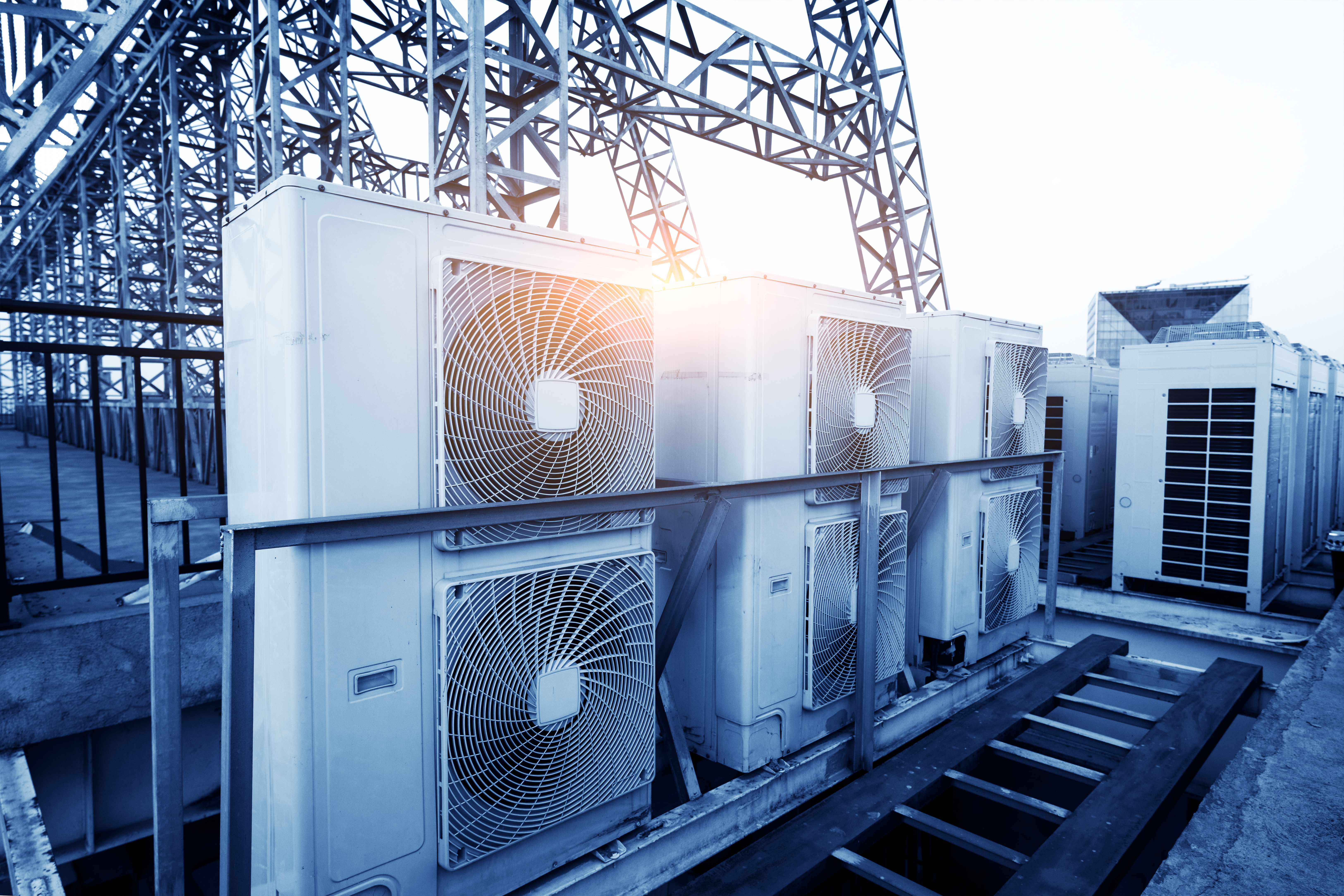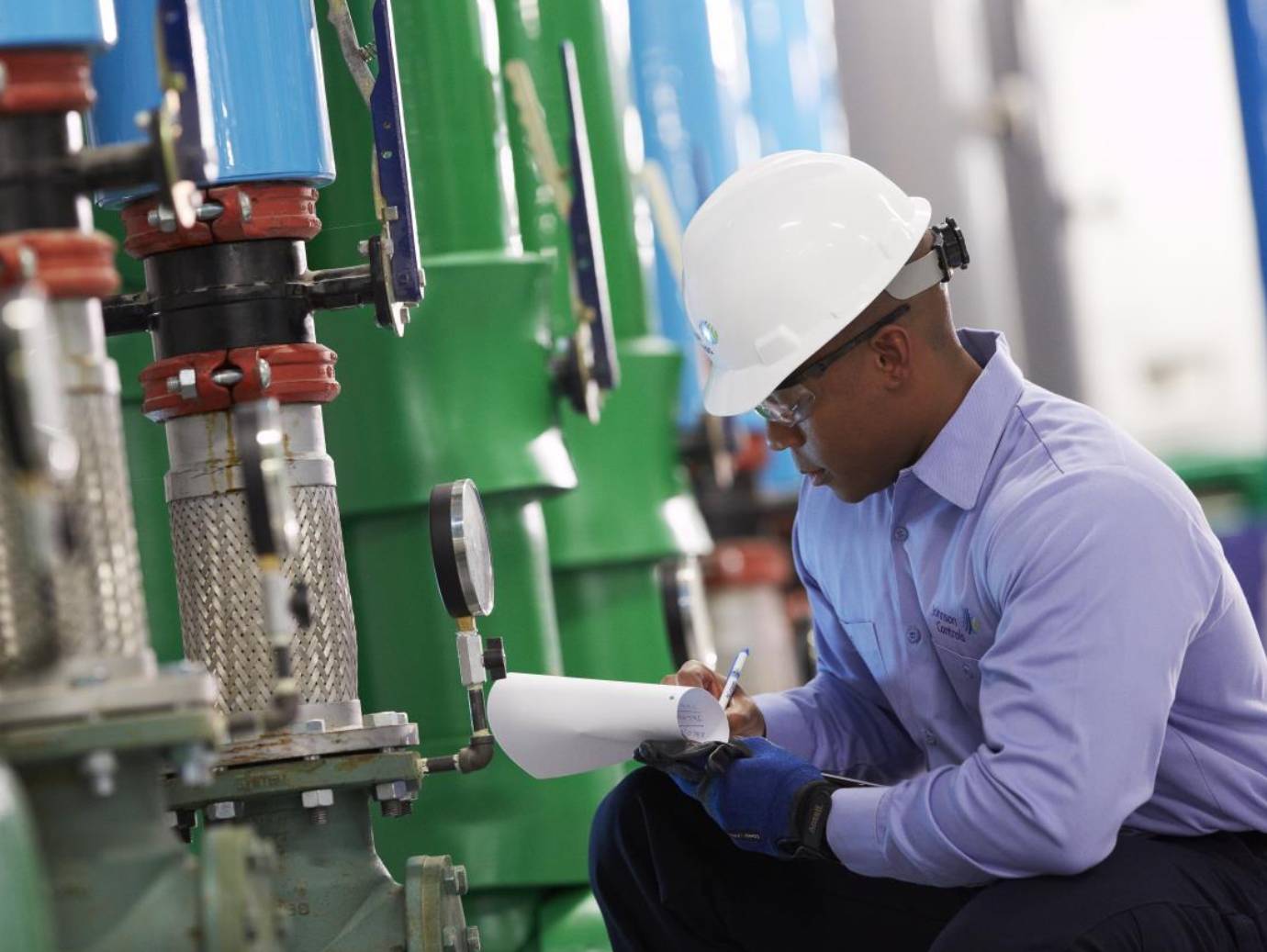Residential AC System Installation for Reliable Home Air Conditioning
Wiki Article
A Thorough Take A Look At Cooling And Heating Providers and Their Influence on Energy Efficiency and Cost Savings
With technological advancements like smart thermostats and high-efficiency parts, the potential for maximizing system efficiency is vast. As we discover the elaborate connection between Cooling and heating systems and operational prices, including the change towards environmentally friendly options, the concern emerges: just how can these approaches be properly implemented to make best use of both economic and environmental advantages?
Significance of HVAC Systems
HVAC systems are a crucial component of modern structures, playing a critical duty in maintaining comfy and healthy indoor atmospheres. These systems, incorporating home heating, air, and air flow conditioning, are vital for controling temperature, moisture, and air quality, therefore making sure the well-being of residents. Reliable heating and cooling systems add considerably to producing an optimum interior climate, which is vital for both industrial and residential spaces.In business structures, HVAC systems are indispensable to giving a safe and efficient setting. By controlling interior environment conditions, these systems assist protect against the growth of mold and the spread of air-borne contaminants, therefore guarding the health of customers and workers. In addition, in residential setups, HVAC systems improve living conditions by supplying consistent thermal comfort and improving interior air top quality, which is crucial for overall wellness.
In addition, the style and upkeep of a/c systems have a direct influence on power usage and functional costs. Effectively designed and maintained systems can significantly decrease power use, bring about lowered utility expenses and a smaller carbon footprint. The efficiency of these systems therefore plays a critical role in promoting sustainability and power preservation within buildings, highlighting their value in the modern-day building landscape.
Breakthroughs in HVAC Innovation
Development in heating and cooling innovation is reinventing the means structures handle interior environments, ushering in a brand-new age of efficiency and control. Recent innovations have focused on enhancing energy usage while enhancing customer comfort. One noteworthy advancement is the assimilation of wise thermostats, which utilize man-made intelligence to find out tenancy patterns and readjust temperatures accordingly, reducing unneeded power usage.Variable Cooling Agent Circulation (VRF) systems stand for another significant jump onward. These systems enable exact temperature control in various areas of a structure, enhancing convenience and reducing energy waste. VRF modern technology is particularly useful for huge business areas, offering adaptability and scalability.
In addition, the development of Internet of Things (IoT) tools has transformed cooling and heating systems into interconnected networks efficient in real-time information collection and analysis. This connectivity allows predictive maintenance, making sure systems run at peak performance and reducing unanticipated downtime.
Furthermore, advancements in materials and style, such as making use of high-efficiency coils and compressors, have actually boosted total system efficiency - Heating Contractor. The adoption of eco-friendly refrigerants likewise emphasizes the sector's dedication to sustainability
These technological innovations are pivotal in decreasing functional expenses and environmental influence, establishing brand-new requirements for developing environment monitoring.
A/c Upkeep and Effectiveness
Ensuring ideal performance of heating and cooling systems extends beyond technological developments; it additionally rests on reliable upkeep techniques. Normal maintenance is critical for maintaining efficiency, reducing power usage, and extending the lifetime of heating and cooling systems. The key goal is to ensure that all components operate at their peak potential, thus lessening energy waste and maintaining regular indoor convenience degrees.Routine upkeep jobs, such as cleansing or changing air filters, checking refrigerant degrees, and inspecting ductwork for leakages, are vital for preventing unneeded stress on the system. Stopped up or unclean filters can block air movement, triggering the system to work more challenging and take in more power. Also, inadequate cooling agent degrees can decrease cooling down efficiency, resulting in greater their website functional costs.
Additionally, routine evaluations by certified specialists can identify potential concerns prior to they escalate right into costly view publisher site repair services or system failings. These assessments commonly include checking electric connections, calibrating thermostats, and guaranteeing the overall honesty of the cooling and heating system. By dealing with small problems early, companies and property owners can stay clear of unanticipated break downs and enhance power efficiency.
Cost-Effective A/c Solutions
For those seeking to get the most out of their heating, air, and ventilation conditioning systems without damaging the bank, discovering cost-efficient cooling and heating options can make a substantial distinction. One instant action is to spend in programmable thermostats, which permit customers to establish specific temperatures for different times of the day, maximizing power usage and lowering unnecessary usage. By automating temperature level modifications, homeowners can achieve considerable cost savings on energy expenses.Normal upkeep is an additional vital element of cost-efficient cooling and heating monitoring. Ensuring that filters are cleansed or replaced frequently, ductwork is sealed, and systems are serviced by professionals can prevent costly repair work and boost system long life. Precautionary upkeep not just maintains system performance but additionally assists in avoiding unforeseen break downs that can cause expensive emergency situation repair work.
Additionally, retrofitting existing systems with energy-efficient elements, such as variable speed motors or high-efficiency compressors, can be a sensible investment. These upgrades improve functional efficiency, reduce energy usage, and can typically be carried out at a portion of the cost of a complete system replacement.
Ecological Impact Decrease
Minimizing the environmental influence of heating and cooling systems is crucial in today's pursuit of sustainable living. A/c systems are significant contributors to power Full Article usage, accounting for virtually 40% of power use in industrial buildings. This power need typically counts on fossil gas, bring about greenhouse gas exhausts and ecological degradation. Transitioning to extra reliable systems, such as those utilizing renewable resource sources, can significantly minimize these impacts.
Technical developments in heating and cooling style and operation, including the assimilation of wise thermostats and energy-efficient heatpump, are crucial in decreasing carbon footprints. These developments allow for optimized energy use, minimizing wastefulness and enhancing overall system performance. In addition, taking on regular maintenance techniques makes certain a/c systems run at peak performance, additional curtailing unnecessary power consumption.
Moreover, making use of eco-friendly cooling agents is essential, as standard cooling agents, like CFCs and HCFCs, have been eliminated as a result of their ozone-depleting homes. Modern alternatives, such as hydrofluoroolefins (HFOs), offer reduced ecological threats, lining up with international environmental methods. By accepting these lasting techniques, HVAC services can play a transformative function in decreasing environmental influences, promoting power effectiveness, and fostering a more sustainable future.
Verdict

Additionally, the design and upkeep of A/c systems have a straight effect on energy consumption and operational expenses. Normal maintenance is important for sustaining performance, lowering power usage, and extending the life span of Cooling and heating systems. Cooling and heating systems are significant contributors to energy consumption, accounting for virtually 40% of power use in industrial buildings. Furthermore, adopting routine maintenance techniques ensures A/c systems run at peak efficiency, more curtailing unneeded power intake.
The transition to eco friendly Heating and cooling systems further reduces functional costs and advertises sustainability. (Heating Contractor)
Report this wiki page